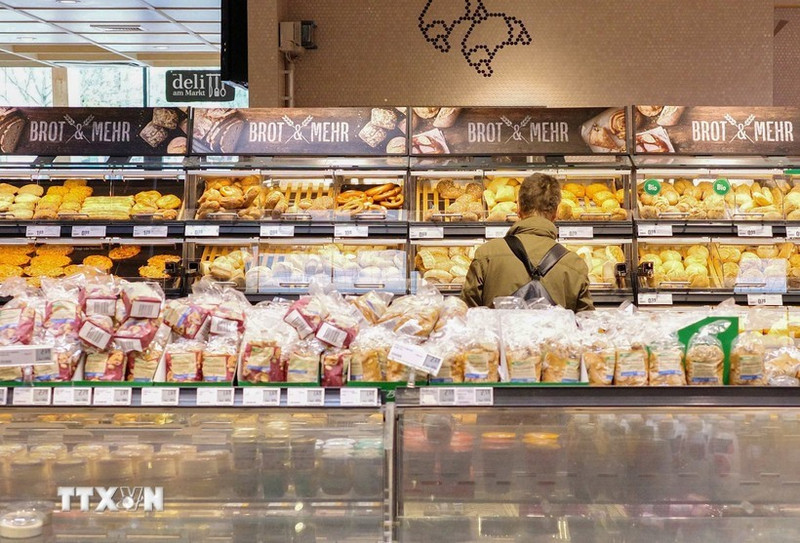Amid mounting domestic and external challenges to the German economy, Chancellor Merz’s government is focusing on strengthening “internal capacity,” boosting economic growth, and restoring Germany’s leading position in Europe.
Chancellor Merz devoted much of his speech to setting out guiding principles for Germany’s future, noting that autumn 2025 represents a “decisive moment” for the country as it faces major challenges from the emergence of external alliances, the impact of the digital revolution, and a global economy that is increasingly dominated by protectionism.
The German Chancellor emphasised that, 35 years since reunification, the German people must come together once again, looking ahead with confidence and determination to build a “new unity.” To maintain stability and development, Germany must carry out comprehensive reforms to ensure it remains a democratic, law-based, prosperous, and socially just country, with firm connection to the European Union (EU).
Despite lacking specific measures, Merz’s speech has been widely regarded as a call to the people to embrace a “new beginning” for Germany during a turbulent period. The policy focus of the ruling coalition between the conservative Christian Democratic Union /Christian Social Union (CDU/CSU) and the Social Democratic Party (SPD) is on enhancing competitiveness and fostering innovation, while at the same time ensuring growth and employment.
One of the major challenges for Germany in recent times has been that Europe’s largest economy had to operate on a provisional budget after the collapse of former Chancellor Olaf Scholz’s “traffic light” coalition in November 2024, leaving no time to adopt the 2025 spending plans.
Recently, the Bundestag approved the national budget for 2025 at 502.5 billion EUR. Alongside strong commitments to defence spending, the budget allocates record investment into economic recovery.
In the subsequent debate on the 2026 budget in the Bundestag, Chancellor Merz defended the ruling coalition’s financial plan, which focuses on far-reaching reforms to address the risk of continued economic recession as well as global instability.
According to the Chancellor, Germany is now facing one of the most challenging periods in its modern history. Only a growth-oriented economy can generate the resources needed for infrastructure, demonstrating solidarity, and long-term social security.
In the current context of economic stagnation, the German government is pushing forward with its commitments to stimulate growth and attract investment, starting with proposed fiscal reforms next year. However, alongside geopolitical volatility, the Merz administration faces mounting pressure from the opposition.
Tino Chrupalla, the co-chair of the oppossing Alternative for Germany (AfD) party, argued that the government is squandering the resources of future generations, citing a new borrowing plan of around 174 billion EUR for next year. The far-right leader also criticised high energy prices, heavy tax and fee burdens, climate-protection spending, and citizens’ welfare programmes.
Responding to these criticisms, Merz reaffirmed that the government aims to boost investment and growth to strengthen Germany’s competitiveness and improve living standards. Citing economic weakness as justification for major policy adjustments, he stressed the need to revise the next federal budget to improve efficiency. Budgetary disputes were a key factor in the collapse of the previous “traffic light” coalition under Olaf Scholz.
With its current budget plan, the ruling coalition in Germany is firmly defending the stance of using record investment to support the long-fragile economy in overcoming challenges and restoring the country’s position as Europe’s economic “locomotive.”
















